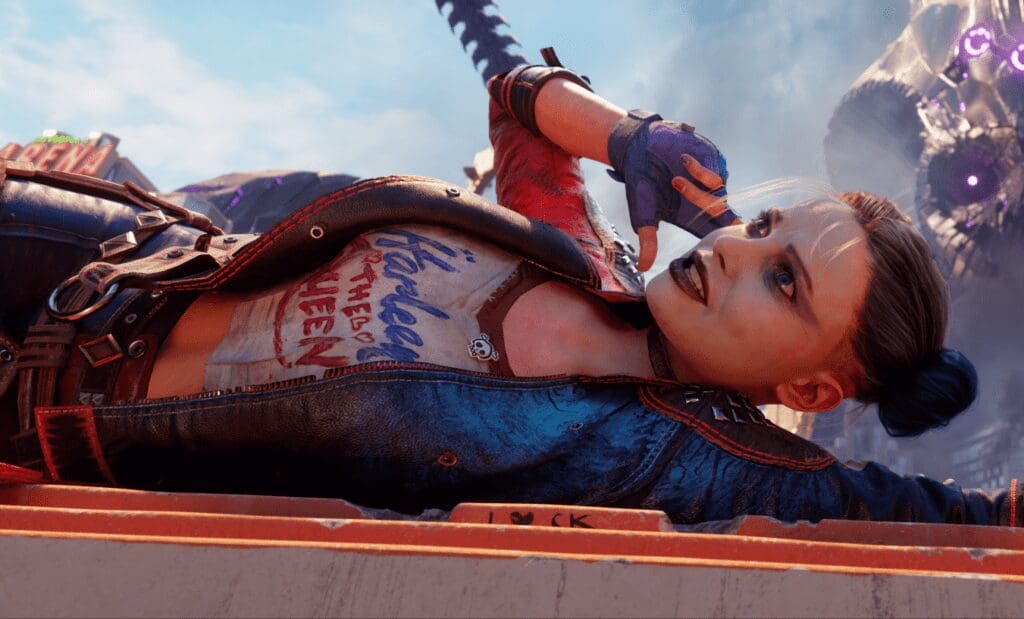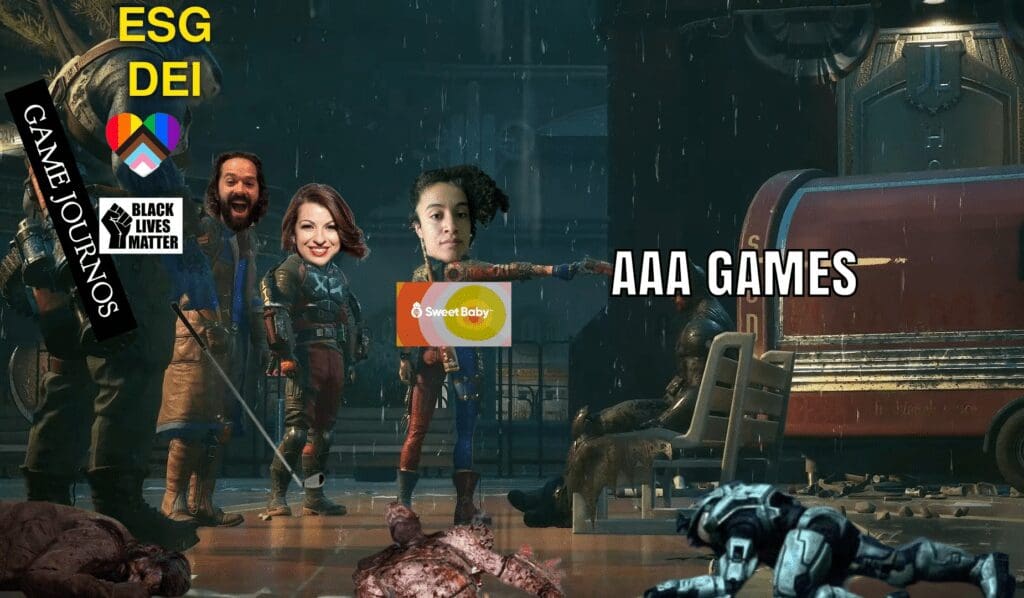
Warner Bros. Discovery recently disclosed that Suicide Squad: Kill the Justice League fell substantially short of financial expectations, as highlighted in the conglomerate’s Q1 financial report. This decline was notably influenced by the release of Suicide Squad, which contributed to an approximate $200 million decrease in EBITDA (Earnings Before Interest, Taxes, Depreciation, and Amortization). Initially hailed with enthusiasm upon its announcement in 2020, the game’s promise dimmed as development progressed, compounded by multiple delays and contentious decisions. The involvement of DEI narrative consultancy Sweet Baby Inc. further muddied the waters, contributing to a series of missteps that plagued the title.
The game’s troubled journey began with delays and controversies, culminating in its underwhelming release in January. Fan dissatisfaction was palpable, exacerbated by leaked plot details and concerns over the handling of iconic characters like Batman. A game play trailer showcased elements reminiscent of unpopular titles, drawing unfavourable comparisons and dampening anticipation. Upon release, the game’s reception was lacklustre, reflected in both critical and user reviews.

RELATED: Kabrutus & Grummz Urge Game Developers To Come Clean About Sweet Baby Inc. Involvement
Financially, the impact was substantial, with Warner Bros. Games experiencing a significant drop in revenue, attributed in large part to the under-performance of Suicide Squad: Kill the Justice League. During the company’s Q1 financial report, it was revealed that the game’s release had a considerable negative effect on earnings. Warner Bros. Discovery CEO David Zaslav acknowledged the disappointment during investor discussions.
Despite the rocky start, Rocksteady has committed to ongoing support through DLC, introducing new content and characters to expand the game’s universe. However, the reception to these additions has been mixed, with debates arising over interpretations of iconic figures like the Joker. The future trajectory of the game remains uncertain, particularly in light of its financial under performance.
The financial implications of Suicide Squad: Kill the Justice League highlights broader challenges within the gaming industry, resembling Hollywood’s penchant for high-stakes productions tied to established intellectual properties, which gets the Kathleen Kennedy treatment of putting a chick in it and making it lame and gay. The shift towards forced diversity and gayified, race and sex swapped reinterpretations of classic characters, alienating the fan base.

This focus on DEI initiatives and narrative consulting have detracted from the core goal of creating a compelling gaming experience rooted in respect for the source material. Instead of investing heavily in consultancy fees, prioritising game play mechanics and narrative coherence would have yielded a more favourable outcome.
Ultimately, the disappointment surrounding Suicide Squad: Kill the Justice League serves as a cautionary tale, highlighting the need for respectful treatment of iconic characters instead of wasting resources on DEI consultancies to achieve commercial success. No matter how much game journalist from the legacy media pretends otherwise, moving forward a re-calibration of priorities will be necessary to regain trust and deliver experiences that resonate with both existing fans and broader audiences.
NEXT: RE:View – Predator

Leave a Reply